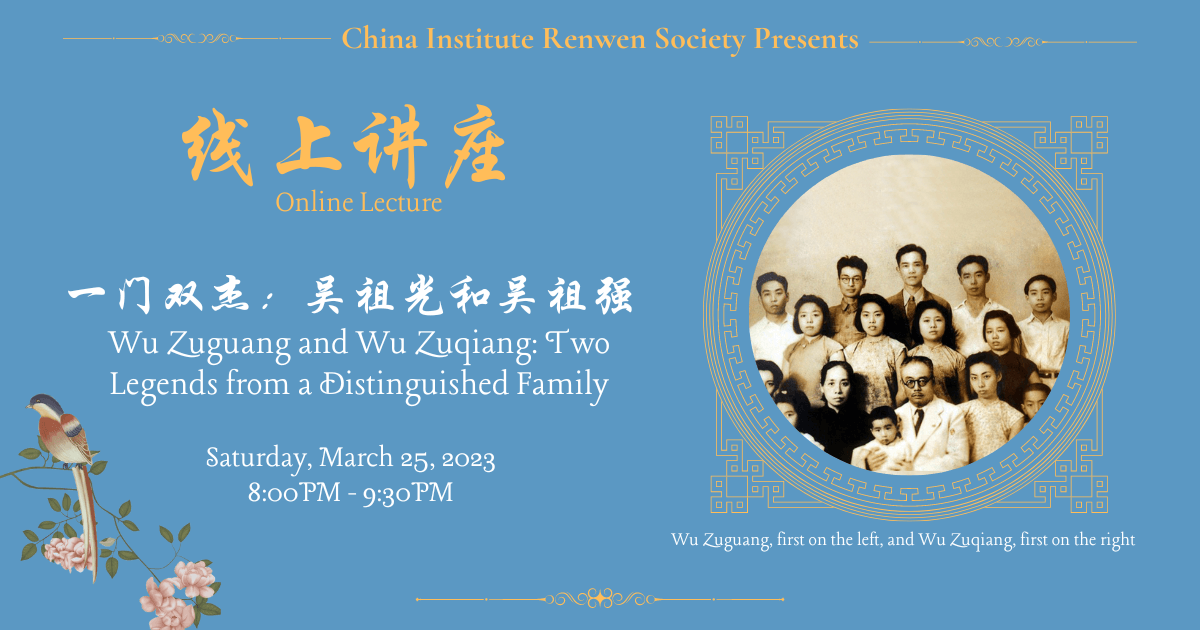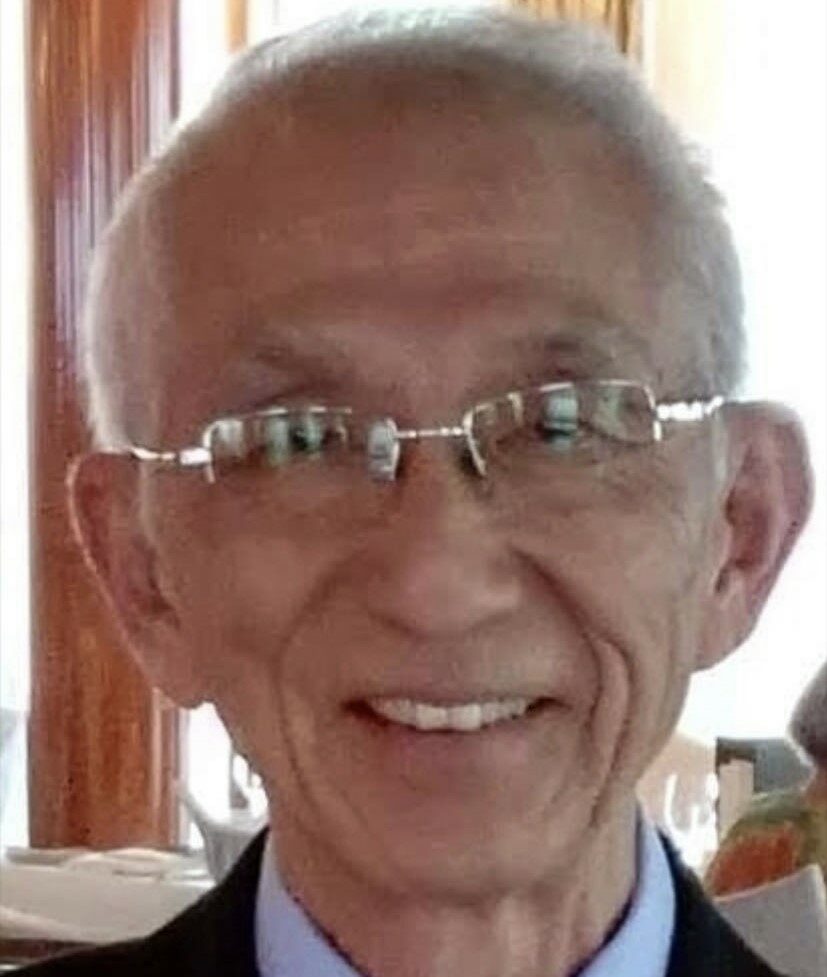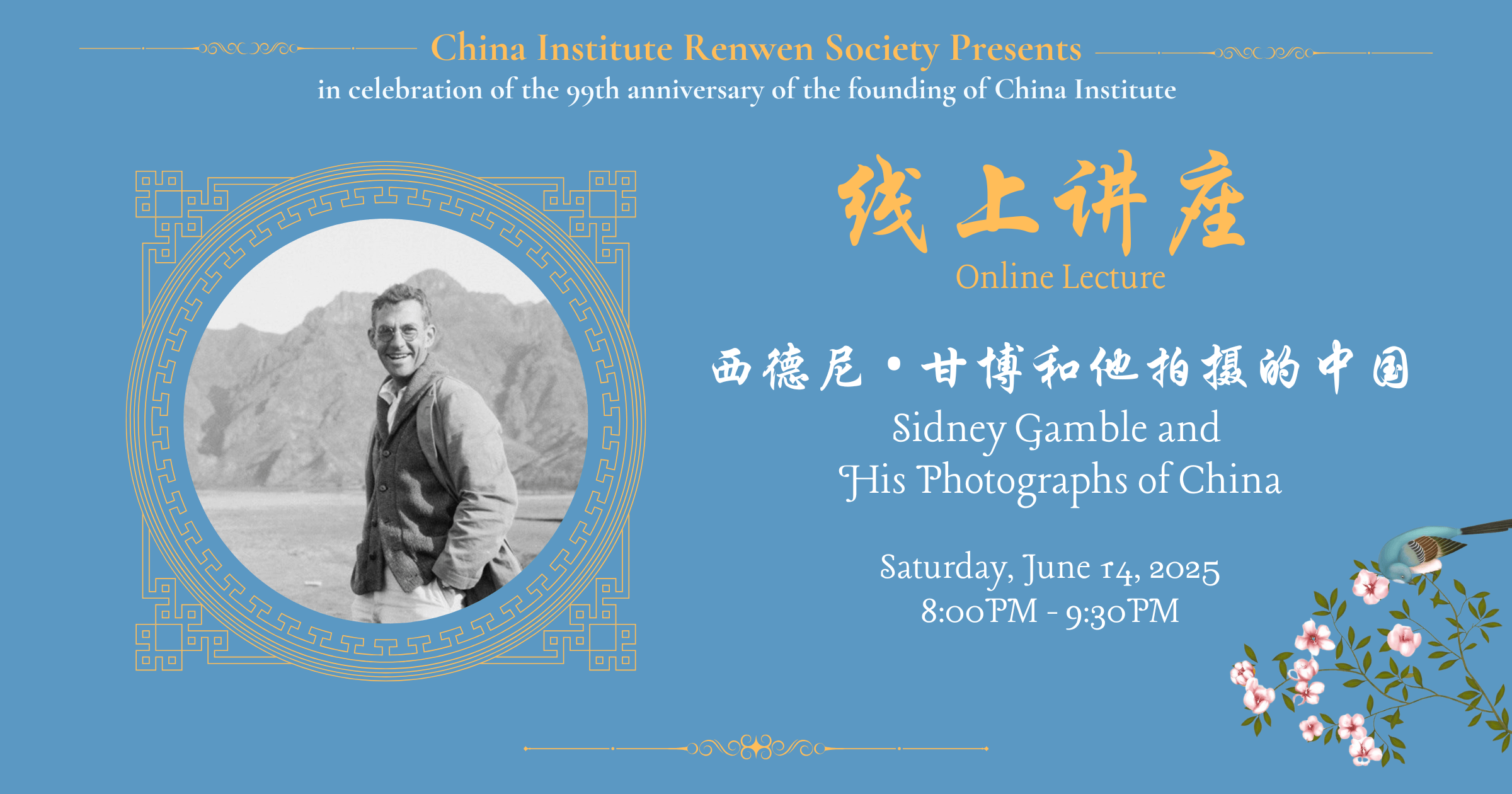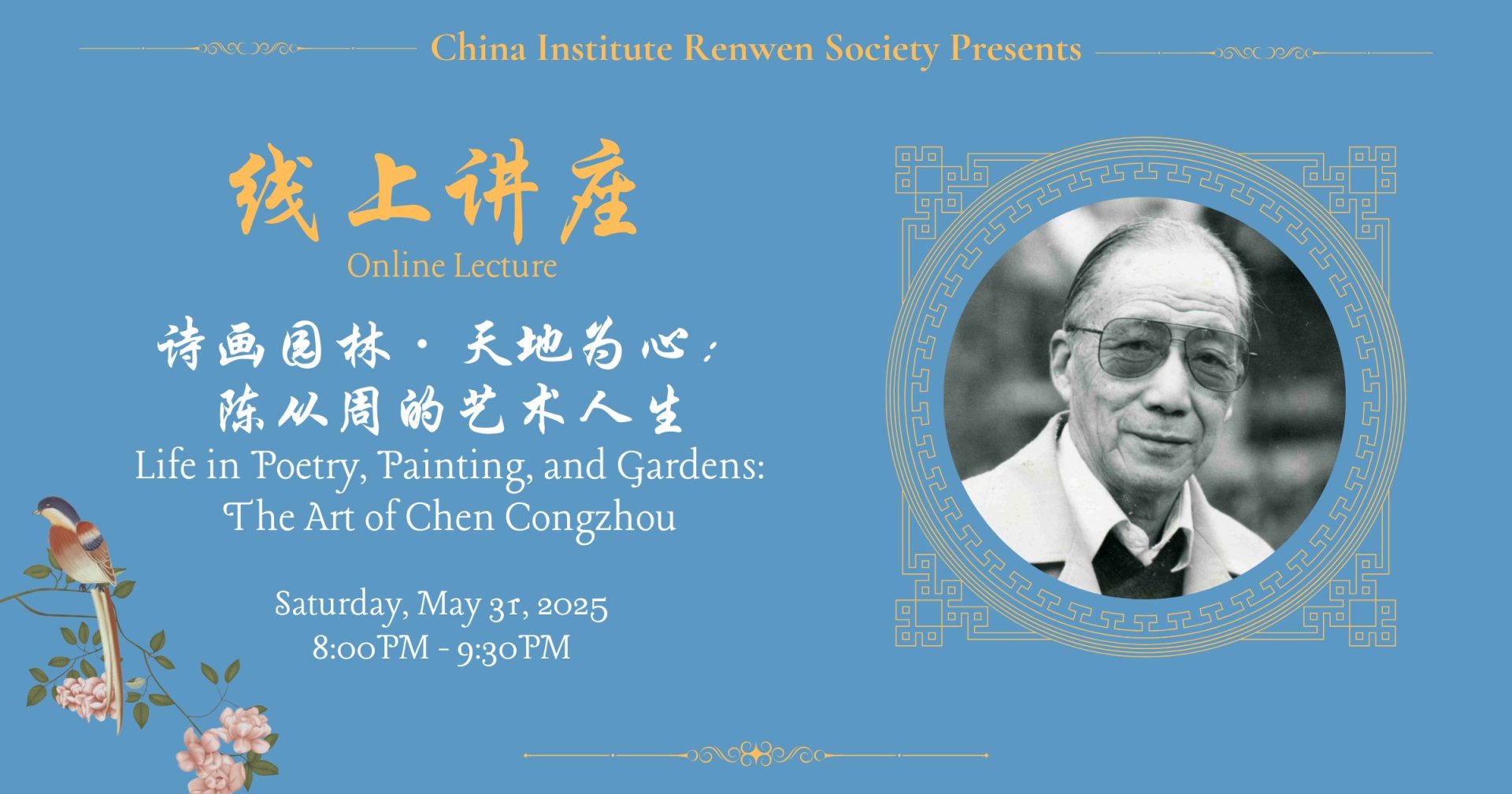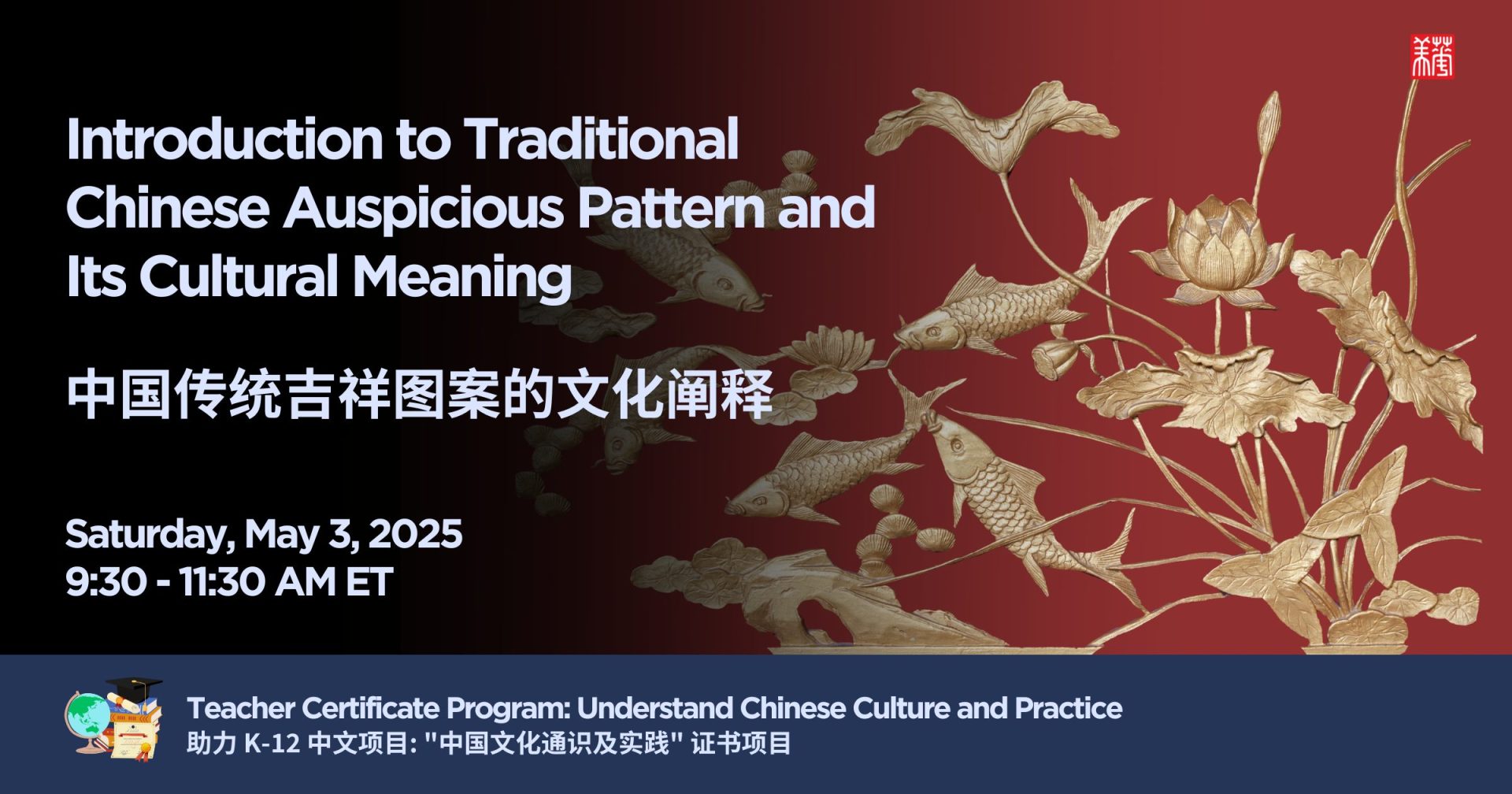Hailing from a distinguished family in Changzhou, Jiangsu Province, Wu Zuguang and his younger brother Wu Zuqiang are both legendary figures in Chinese art and literary circles. To learn about the extraordinary life of these two masters, the Renwen Society presents a lecture on March 25, 2003 by Mr. Y.C. Pan, nephew of the two Wu brothers.
Wu Zuguang (1917-2003) was a playwright, film director and social critic. He wrote his first novel at age 17 and started his writing career in his college days. Since age 19, he had authored more than 50 plays and film scripts, including the patriotic drama City of Phoenix, one of the most influential plays during the Second Sino-Japanese War, and Return on a Snowy Night, which is generally considered his masterpiece. He directed The Soul of the Nation, Hong Kong’s first color film, based on his own historical drama Song of Righteousness.
Wu Zuguang was well known as an outspoken critic of authorities with their wrong cultural policies and always stood up against injustices throughout his entire life. For this reason, He was denounced as a “rightist” during the Anti-Rightist Campaign and performed hard labor for three years, and was again persecuted during the Cultural Revolution. After his reinstatement in late 1970’s, Wu Zuguang became a member of Chinese Political Consultative Conference (CPPCC) where he served for many terms. He was also noted for his huge number of commentaries and writings on many topics as a poet and a calligrapher:
Like his older brother, Wu Zuqiang (1927-2022) displayed amazing talent at age 4 when he started playing piano without a tutor. In 1947, he entered the National Conservatory of Music in Nanjing and continued his music education at the newly established Central Conservatory of Music in Beijing in 1950. He became a teacher at the Conservatory after graduation. Due to his talent, he was selected in 1953 to go for advance study at the Moscow State Tchaikovsky Conservatory of Music. Returning to China after graduating with the highest honor, he taught composition at his Alma Mater, the Central Conservatory of Music, eventually becoming its president. He also held leading positions with various other organizations, such as the China Musicians Association and the China Federation of Literary and Art Circles. In his lifetime, Wu Zuqiang composed a great deal of works covering all forms of music and devoted himself wholeheartedly to promote Chinese music to blend in with the world trend, thus receiving acclaim in the international music circle.
2022年3月1 4日吴祖强先生病逝于北京,追悼活动之余,也引发不少对其长兄祖光先生于十年前去世时大众追思的回忆。两人的离世为海内外华人所关注,实属殊荣。一门两杰的历史,令人赞叹与怀念而传为佳话。有鉴于此,华美人文学会特邀两位吴先生的外甥潘裕诚先生于美东时间3月25日晚8时至9时半(北京时间3月26日早8时至9时半)从至亲的角度追溯这段历史。
吴祖光先生 (1917 一 2003),著名学者、作家及书法家,更是受人尊敬的爱国者。十七岁左右发表小说《宫娥怨》,二十岁读大学时正式开始写作生涯。抗战期间在重庆剧校工作,仍以破除旧习,爱国抗日为主题。1949年后,一度介入电影导演制作,并植入评剧原素。后在政治运动中曾被打为大右派并遭受四人帮廹害。平反后仍不改初衷,并继续创作和成为著名民主斗士,亦为多届政协代表。
作品可谓家喻户晓,著名作品数十种包括:《正气歌》《少年游》《凤凰城》《风雪夜归人》《花为媒》《闯江湖》《 散文集》《枕下集》等。吴祖光的妻子为著名评剧表演艺术家新凤霞。
吴祖强先生 (1927 一 2022),自幼即显露音乐天赋,抗战期间在重庆度过中学时代。1947年入南京国立音乐院理论作曲系学习。1950年转入中央音乐学院,并于1952年毕业留校任教。因表现出色于1953年被选送莫斯科柴可夫斯基音乐学院理论作曲系学习作曲。回国后在中央音乐学院作曲系任教。1978年任中央音乐学院副院长,1982年任院长。1985年起任中国音乐家协会副主席。吴祖强为囯内著名作曲家,享誉海内外,为中囯音乐发展,呕心呖血,居功至伟。文革时期饱受四人帮迫害,仍未稍改初衷。历任多届政协代表.位至中央侯补委员,促成囯家大剧院之建立,自许为一生最大之成就。为中国音乐与世界合流作出不可磨灭的供献。
其传世作品包括芭蕾舞红色娘子军、琵琶协奏曲、合唱曲,及弦乐四重奏等。其有关音乐理论的钜著《曲式与作品分析》更是国内音乐学子必读之经典。
吴氏两兄弟,出生相隔十年,在中囯文化界都享大名。两人生逢历史转折关头,活跃在时代舞台上。他们的生命轨迹几乎涵盖中国历史上特为重要的百年。抗战军兴,祖光先生已小有名气;而抗战胜利前后却是祖强先生开始接受正统音乐教育之际。祖光先生初入社会,即亲历神州大地惨遭日寇摧残之痛,他用文艺唤起囯魂成为其终身志业。祖强先生进入社会之时,正是新中囯成立伊始;长兄已入成熟阶段,为弟者如初生之犊,迅即加入爱囯活动,与长兄合力; 利用音乐教育激励囯人,重振神州雄风。冥冥之中,两人注定的传承赓续,有其不可言传的壮丽。两位先生为人处事各具风格特色,却都受人敬仰。为甥的潘裕诚先生,感受尤深,其情恐非外人所易知。
